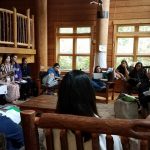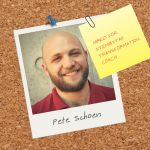Teacher Institute grounds TAF@Saghalie and School Transformation Teachers in STEM and project-based learning
Teacher Institute Grounds TAF@Saghalie and School Transformation Teachers in STEM and Project-Based Learning
Every year before school starts, most teachers return to work at least one week early to prepare for their students’ return. Some also participate in district mandated professional development days, getting up-to-date on new practices that must be adopted as a part of their contract. And, some do even more.
In August, approximately seventy-five K12 public school teachers voluntarily poured into TAF’s headquarters, Bethaday Community Learning Space for the four-day, intensive professional development workshop STEMbyTAF Teacher Institute. The Institute, which began in 2013, was developed to transfer TAF’s best teaching practices to partner teachers and administrators, helping them to navigate how to build strong lesson plans grounded in STEM and project-based learning, adapt social and emotional support techniques, and see education through the lens of equity – all while meeting district imposed benchmarks of success. Workshops are led by TAF instructional coaches, staff and other education leaders who are able to offer long-term strategies to develop budding students into well-adjusted, forward-thinking and innovative leaders. The week wraps with teams organized by grade-level and school site presenting a driving question of research which incorporates all subject matters into addressing a challenge, most of which is heavily influenced by STEM.
“This year, the energy around curriculum development and project planning was high. The teachers were refreshed and vibrant,” Amanda Kopchynski, TAF Director of TAF@Saghalie shared. “I heard the phrases ‘I can’t wait to try this technique’ and ‘why don’t we do this more often?’ by several attendees on more than one day. Veteran teachers helped first year teachers walk through the process and teachers learned from one another.”
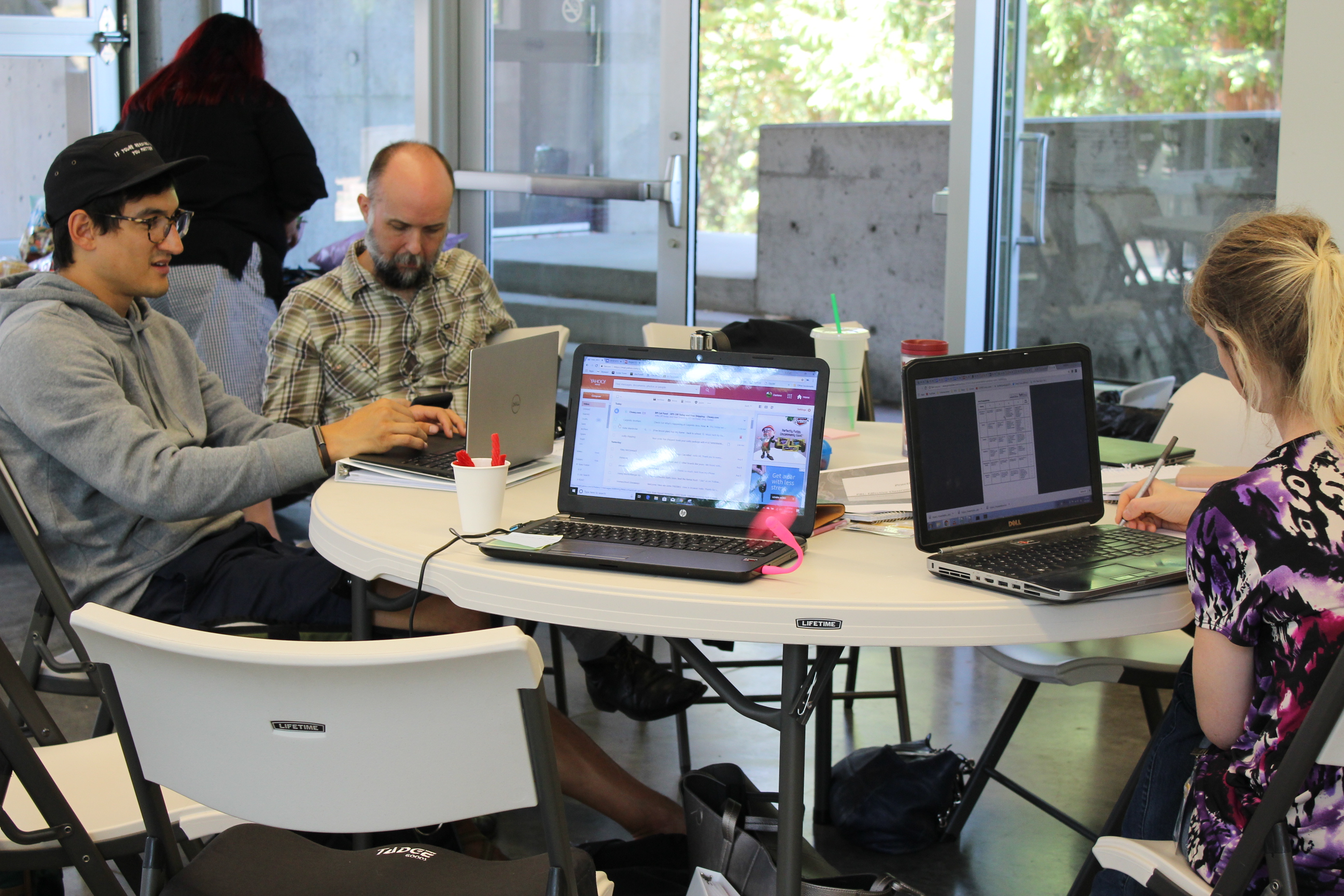
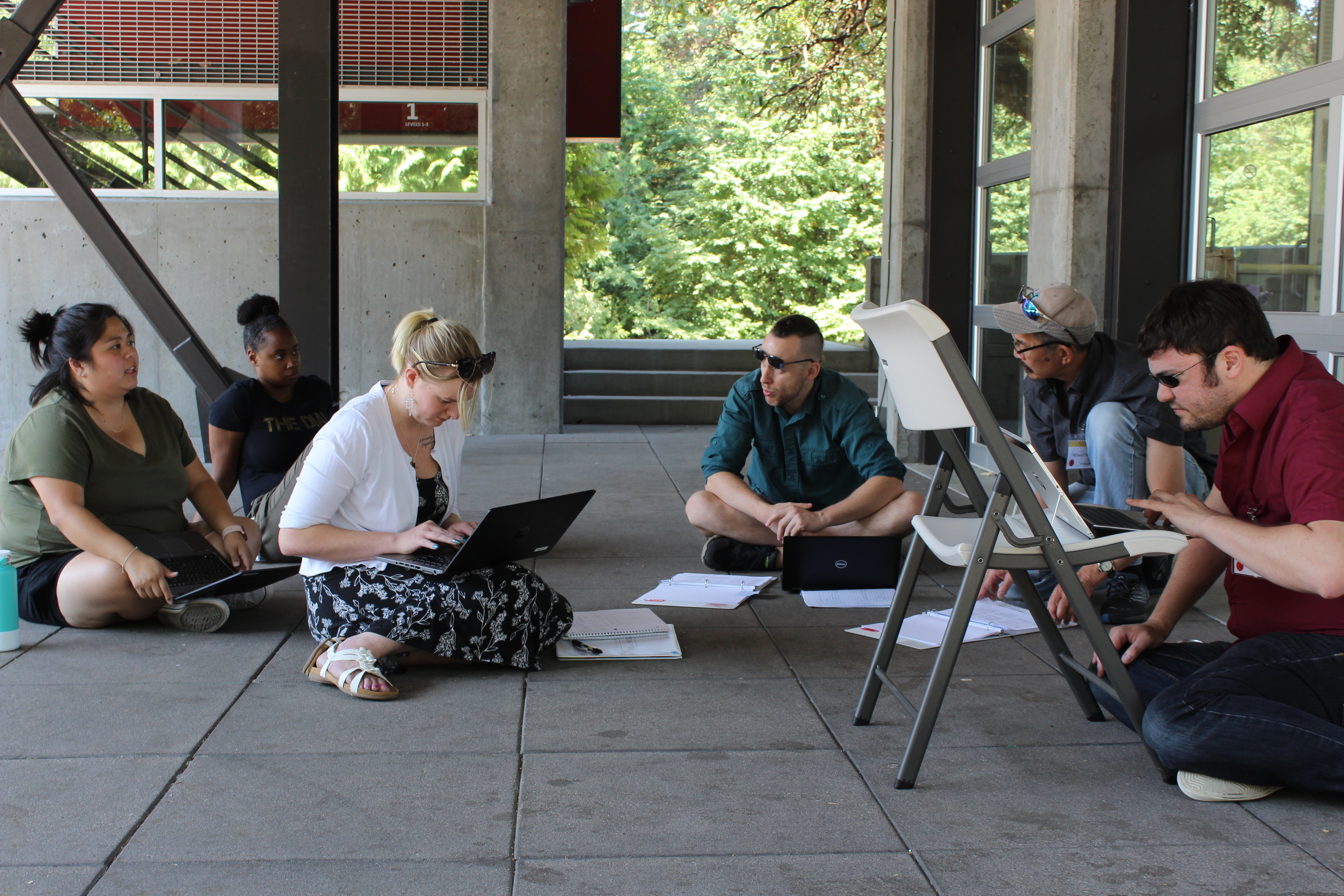
The Institute also provided a chance for TAF staff to connect with teachers on a personal level. With the amount of expansion that has happened over the past year, it’s been really important to keep lines of communication between the Foundation and district staff open. Hosting the Institute at TAF’s headquarters allowed lunchtime to become a social hour, fostering a sense of community and offering opportunities for improved communication.
Another really cool thing that happened during the Institute was having Oculus present the many ways virtual reality can be used within the classroom, helping students access experiences normally out-of-reach and out-of-budget. Example? Dissecting a frog or going on an undersea exploration.
Educational technology and the incorporation of it within the classroom has always been a focus during Teacher Institute. After all, if we are going to promote tech literacy and mastery, students need opportunities to utilize available tools and software in ways that seamlessly integrate with daily curriculum. One of the workshops included in the four-day Institute centered around best practices and usage of technology.
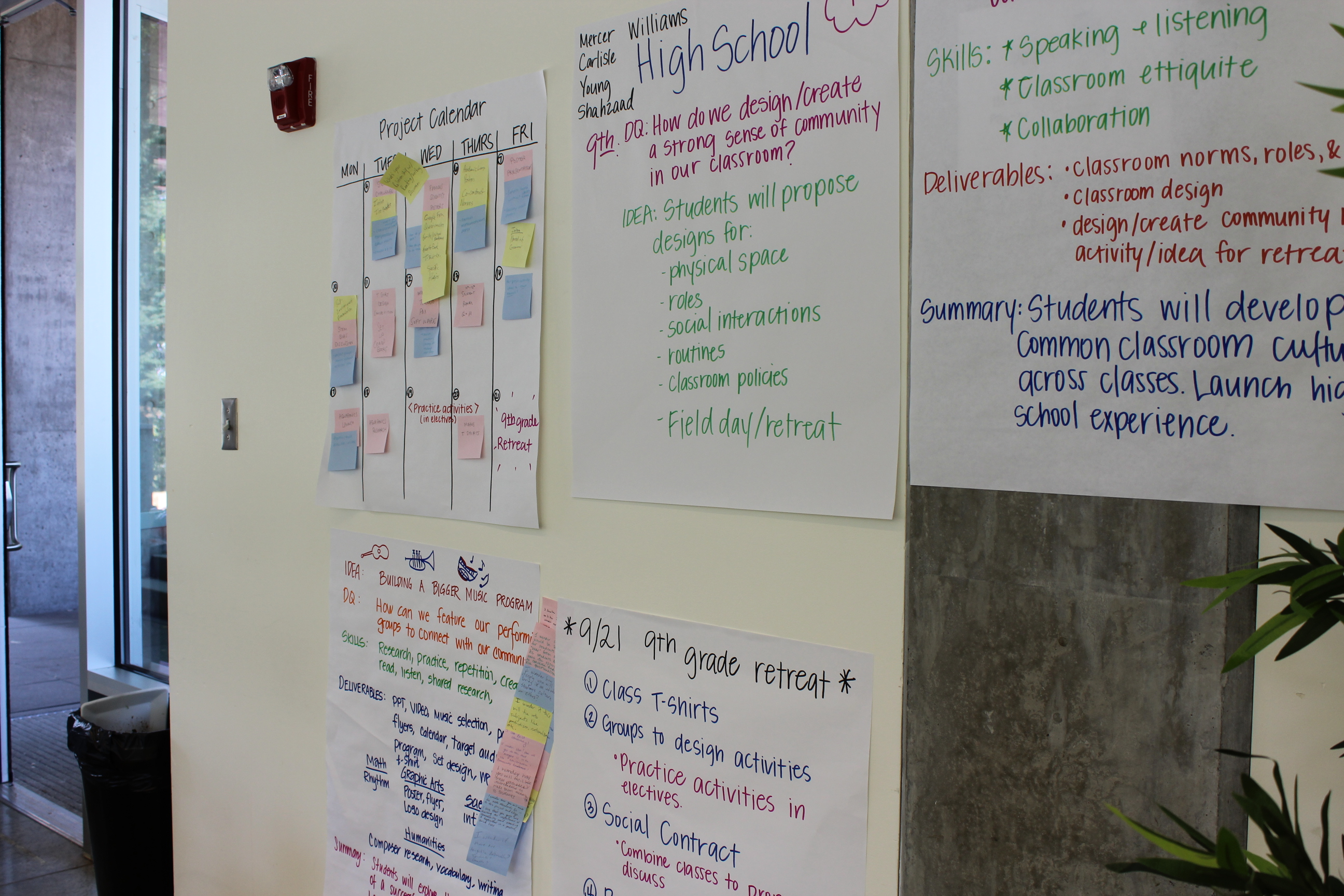

“During the breakout session I led, I was really excited to see how all the teachers are looking for avenues to use technology to support our students’ growth. They are going to get some good traction this year,” Troy Hilton, TAF Technology Program Manager shared.
“The Teacher Institute reminds teachers that we don’t and can’t work in isolated silos;” Denise McLean, former TAF Academy teacher and current TAF Curriculum Development and Integration Program Manager summarized about the impact of the Institute on teachers. “Sharing and collaboration are essential to project based learning, and no one person has all the answers.”


